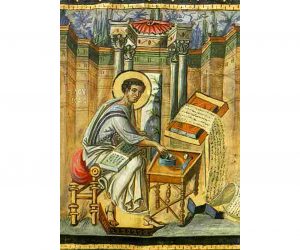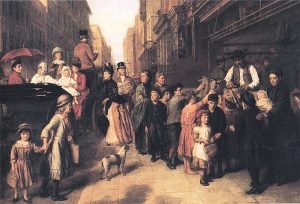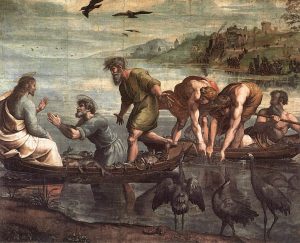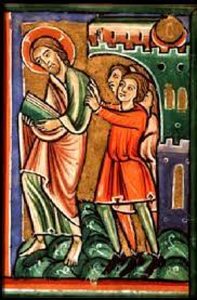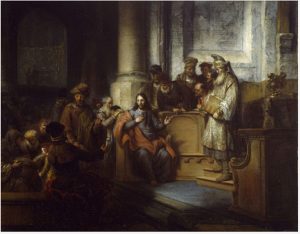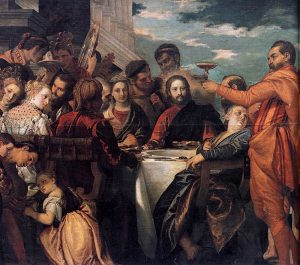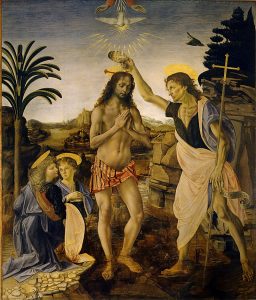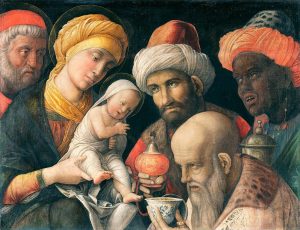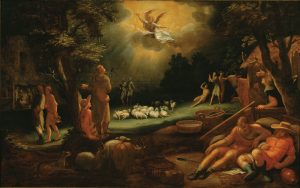Thoughts on Sunday’s Lessons for Feb. 20, 2022 (Epiphany 7C)
First Reading: Genesis 45:3-11, 15
Love without boundaries and live as God would have us live. Love your enemies. Turn your other cheek. Do not judge. Do to others as you would have them do to you.
Throughout Sunday’s readings, culminating in another passage from Luke’s Sermon on the Plain, we are called to listen for God’s desire that we forgive even those who have hurt us. In Sunday’s first reading, we learn that Joseph, even after having been sold into slavery by his brothers, has risen from that challenge to become a chief advisor to Pharaoh. Now Joseph’s brothers, fleeing famine back home, arrive in Egypt, where they find Joseph in his new, powerful position. The brothers are terrified, fearing revenge But Joseph forgives them, just as God forgave the wrongs of their ancestors Abraham, Isaac and Jacob.
Psalm: Psalm 37:1-12, 41-42
Trust in God and do good, we hear the Psalmist sing. Don’t worry about evildoers. Don’t be jealous of those who do wrong. Those evildoers will wither like grass, but those who follow God’s ways will receive their heart’s desire. Throughout this portion of Psalm 37 we hear parallels with Jesus’ words in the Sermon on the Plain: Be patient. Don’t strike out in anger. These things only lead to evil. Trust in God, rather, knowing that the meek shall inherit the land. Wait for God with patience and confident trust. Follow God’s ways and be rewarded.
Second Reading: 1 Corinthians 15:35-38,42-50
Paul moves toward the conclusion of his extended reflection on resurrection and how it works. In a typical Pauline form, he sets up an opposing question about what kind of body the resurrected will have, then shouts “Fool!” at this imagined debate opponent. Using metaphors of seeds and sowing, he points out that seeds of grain cannot come to life as plants unless they first die by being buried in the earth. Just as God then gives each kind of seed its own body, so it is with resurrection: Our physical bodies perish, but what is raised cannot perish. Adam, the first human, came from dust, but Christ, like a second Adam, came from heaven. In resurrection we will bear his image.
Gospel: Luke 6:27-38
Luke’s account of the Sermon on the Plain becomes even more challenging as the teaching of Jesus reverses our expectations. Last week we heard the blessings that will come to those who suffer, and the woes that await those who revel in riches. Now Jesus poses the difficult, counter-intuitive challenge that we must love our enemies and do good to those who hate and hurt us. We are to do to others not as they do to us but as we would want them to do to us. Then Jesus emphasizes that this Golden Rule is not to be followed with any hope of reward: “If you do good to those who do good to you, what credit is that to you? For even sinners do the same,” he says. “But love your enemies, do good, and lend, expecting nothing in return.”

